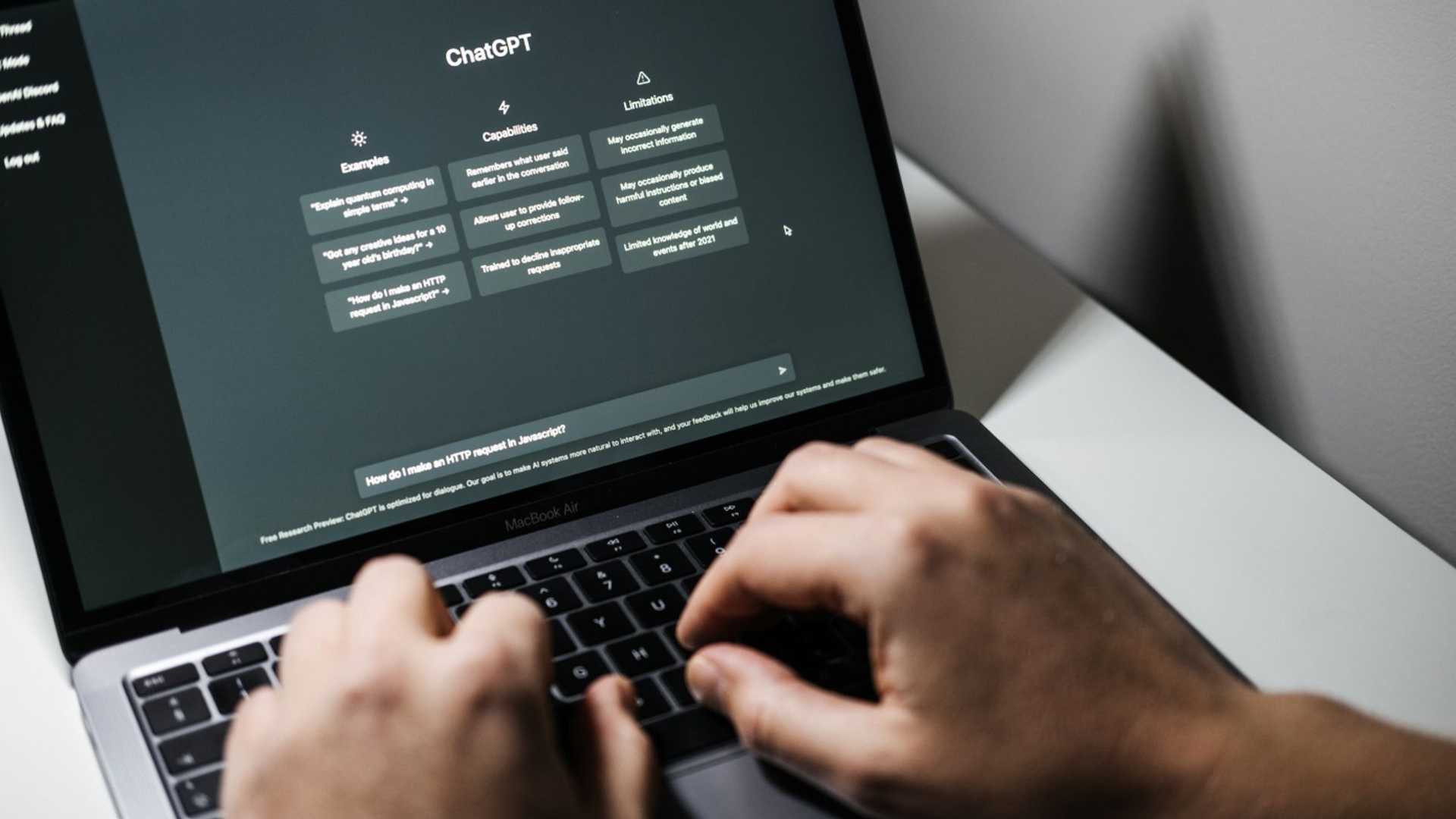ChatGPT Cheat Sheet: A Comprehensive Guide for 2023
ChatGPT, the AI chatbot developed by OpenAI, is the fastest-growing consumer app in history with a user base of over 100 million monthly users as of January 2023. It has piqued the interest of the business world as well and is being used across various industries. This cheat sheet is your ultimate guide to ChatGPT, and provides answers to the most common questions.
What is ChatGPT?
ChatGPT is a free-to-use AI chatbot built on the structure of GPT-4. GPT stands for generative pre-trained transformer, which is a large language model that predicts the probability of the next word in a sequence based on the data set it was trained on. It is a deep learning algorithm that learns context about any language pattern, whether it be spoken language or a programming language.
The model does not "know" what it is saying, but it predicts the words that are likely to come after one another based on the probability. Its output is then reviewed by humans to check if the words used sound natural. ChatGPT's data set is a large portion of the internet.
How to use ChatGPT?
Signing up for a free ChatGPT account is easy. You'll have to fetch a confirmation code from your email and provide your name and phone number. There is also a paid version, ChatGPT Plus, which gives subscribers priority access, faster response times and the chance to use new features and improvements first. ChatGPT Plus also has the latest version of GPT-4 while the free version uses GPT-3.5. For developers and organizations who don’t have a specific contract with OpenAI, there is a waitlist for access to the ChatGPT API.
What are the uses of ChatGPT?
ChatGPT can draft code, write and debug code, create reports, presentations, emails and websites. It is capable of answering questions and can draft prose relevant to work. Many businesses use ChatGPT's services, and some organizations, such as Microsoft and Salesforce, have integrated it into their products. Microsoft has even incorporated ChatGPT into Word and other parts of the 365 business suite.
What about ethical concerns?
Just like with any generative AI system, there are ethical concerns and privacy issues that arise with ChatGPT's use. Some experts say that generative AI could lead to job loss, but others say that it could lead to new job roles being created. The IEEE points out that the AI industry will need to be aware of hardware limitations and costs. Companies may not find it practical to spend enough money on AI services in order to replace a large percentage of their workforce. Therefore, some jobs that are based on specific rules and are repetitive may be automated, while others will require human intervention.
Conclusion
ChatGPT is an AI chatbot that can write, draft code, and answer questions, among other things. With its growing popularity, it is likely to become more common in various industries. However, as with any AI system, there are ethical concerns and privacy issues that must be addressed, and it is important to consider the potential impact on the workforce. Nonetheless, ChatGPT has the potential to enhance productivity and efficiency for businesses while reducing workload for many individuals.










